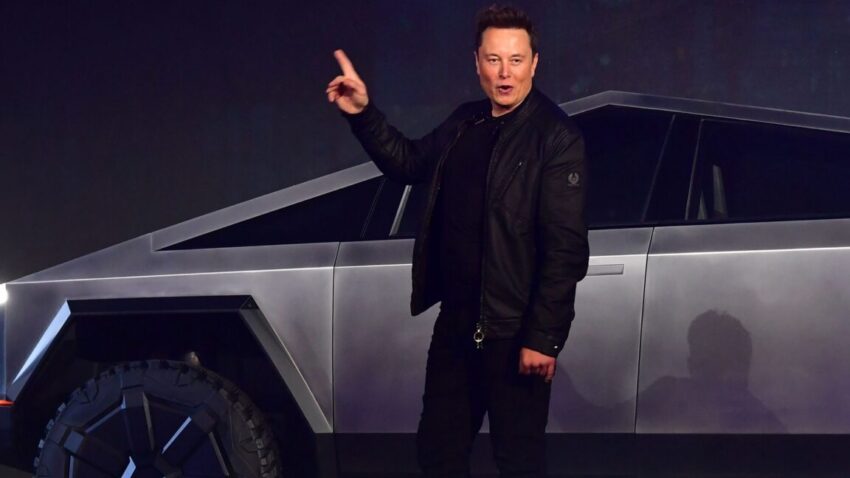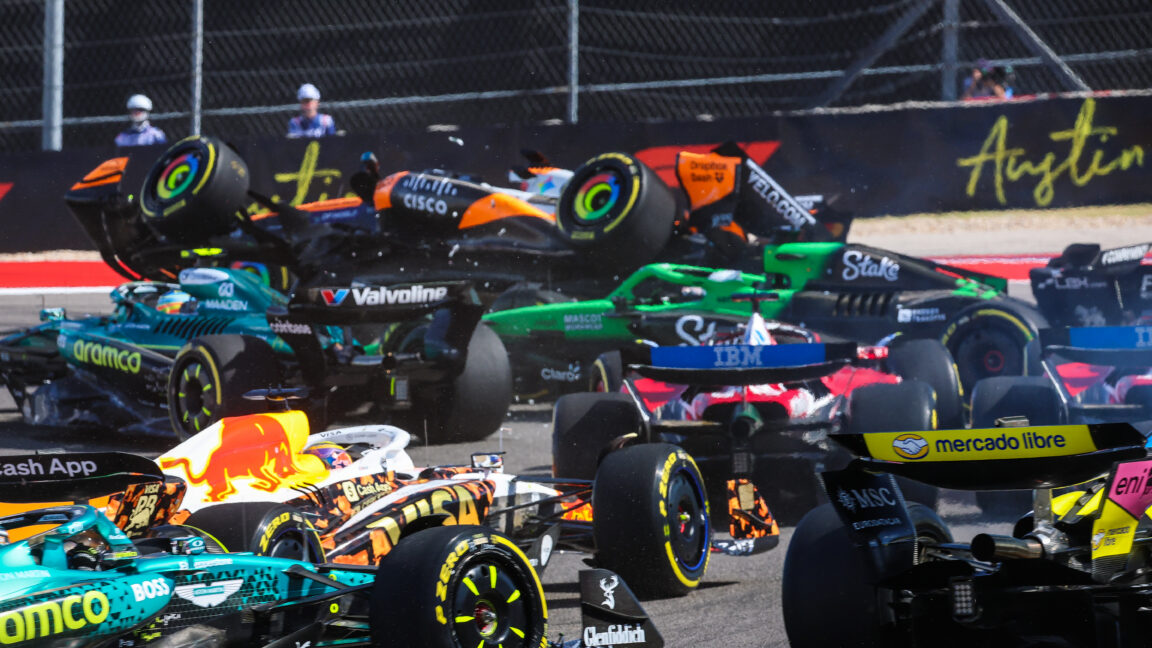
musk s 1 trillion tesla pay plan Elon Musk’s proposed compensation plan, which could potentially yield him over $1 trillion over the next decade, is facing significant scrutiny from shareholders and advisory firms.
musk s 1 trillion tesla pay plan
Overview of the Compensation Plan
The compensation plan for Elon Musk, CEO of Tesla, has been a topic of intense discussion among shareholders and industry analysts. This plan is designed to incentivize Musk to remain focused on Tesla, ensuring that his attention is directed toward the electric vehicle manufacturer rather than his other business ventures, such as SpaceX and Neuralink. However, the plan’s structure has raised concerns among various stakeholders.
Details of the Proposal
According to reports, the compensation plan is structured around performance milestones that Musk must achieve to unlock the potential payout. These milestones are tied to ambitious targets related to Tesla’s market capitalization and operational performance. If Musk meets these targets, he could receive stock options that would significantly increase his wealth, potentially exceeding $1 trillion.
Institutional Shareholder Services’ Position
Institutional Shareholder Services (ISS), a prominent proxy advisory firm, has publicly recommended that Tesla shareholders reject this compensation plan. In a report released on Friday, ISS argued that the plan lacks sufficient safeguards to ensure Musk’s focus remains on Tesla. The firm stated, “There are no prescriptive elements within the award to ensure his focus and time remain on Tesla as opposed to his other ventures, undermining the award’s primary rationale.”
Concerns Over Shareholder Value
One of the primary concerns raised by ISS is the potential dilution of shareholder value. The advisory firm pointed out that the “astronomical grant value” awarded to Musk could lead to a significant increase in the number of shares being granted, which may ultimately dilute the value of existing shares held by other investors. This dilution could be particularly troubling for shareholders who have invested in Tesla with the expectation of substantial returns.
Ownership Stake Considerations
ISS also questioned the necessity of such a large compensation package, given that Musk already holds a substantial ownership stake in Tesla, estimated at 19.8 percent. The advisory firm suggested that Musk’s existing stake should sufficiently align his interests with those of the company and its shareholders, making the proposed compensation plan excessive. They stated, “It is questionable whether the award is necessary or appropriate to further align his interests when he currently holds a 19.8 percent ownership stake in the company.”
Implications for Tesla and Its Shareholders
The implications of this compensation plan extend beyond Musk’s personal wealth. If approved, the plan could set a precedent for executive compensation in the tech industry, particularly for companies led by high-profile CEOs. The potential for such large payouts raises questions about the appropriateness of compensation structures in relation to company performance and shareholder returns.
Stakeholder Reactions
Reactions to the proposed plan have been mixed. While some shareholders may support the idea of incentivizing Musk to focus on Tesla, others are concerned about the long-term ramifications of such a large payout. Critics argue that the plan could encourage excessive risk-taking or short-term thinking, as Musk may prioritize achieving performance targets over sustainable growth.
Historical Context of Executive Compensation
The debate surrounding executive compensation is not new. Over the years, numerous high-profile cases have emerged where executives received substantial pay packages despite underwhelming company performance. This has led to increased scrutiny from investors, regulators, and the public. In recent years, there has been a growing movement advocating for more transparency and accountability in executive compensation, pushing companies to align pay with long-term performance rather than short-term gains.
Legal and Regulatory Considerations
The approval of Musk’s compensation plan will also be subject to legal and regulatory scrutiny. Shareholders will have the opportunity to vote on the proposal at Tesla’s upcoming annual meeting. If the plan is rejected, it could prompt a reevaluation of how executive compensation is structured within the company and potentially lead to changes in governance practices.
Potential Outcomes of the Vote
The outcome of the shareholder vote will be closely watched, not only by Tesla investors but also by the broader business community. A rejection of the plan could signal a shift in shareholder sentiment regarding executive compensation, potentially leading to more conservative pay structures in the future. Conversely, if the plan is approved, it may embolden other companies to pursue similarly ambitious compensation packages for their executives.
Future Considerations for Tesla
Regardless of the outcome, Tesla’s leadership will need to consider how to balance the need for competitive compensation with the expectations of shareholders. As the electric vehicle market continues to evolve, Tesla must remain focused on innovation and growth while ensuring that its compensation practices align with the interests of its investors.
Conclusion
The proposed $1 trillion compensation plan for Elon Musk has sparked significant debate among Tesla shareholders and industry observers. While the intention behind the plan is to retain Musk’s focus on the company, concerns about potential shareholder dilution and the necessity of such a large payout have led to calls for its rejection. As the upcoming shareholder vote approaches, the implications of this decision will extend beyond Tesla, potentially influencing executive compensation practices across the tech industry.
Source: Original report
Was this helpful?
Last Modified: October 21, 2025 at 5:38 am
4 views















